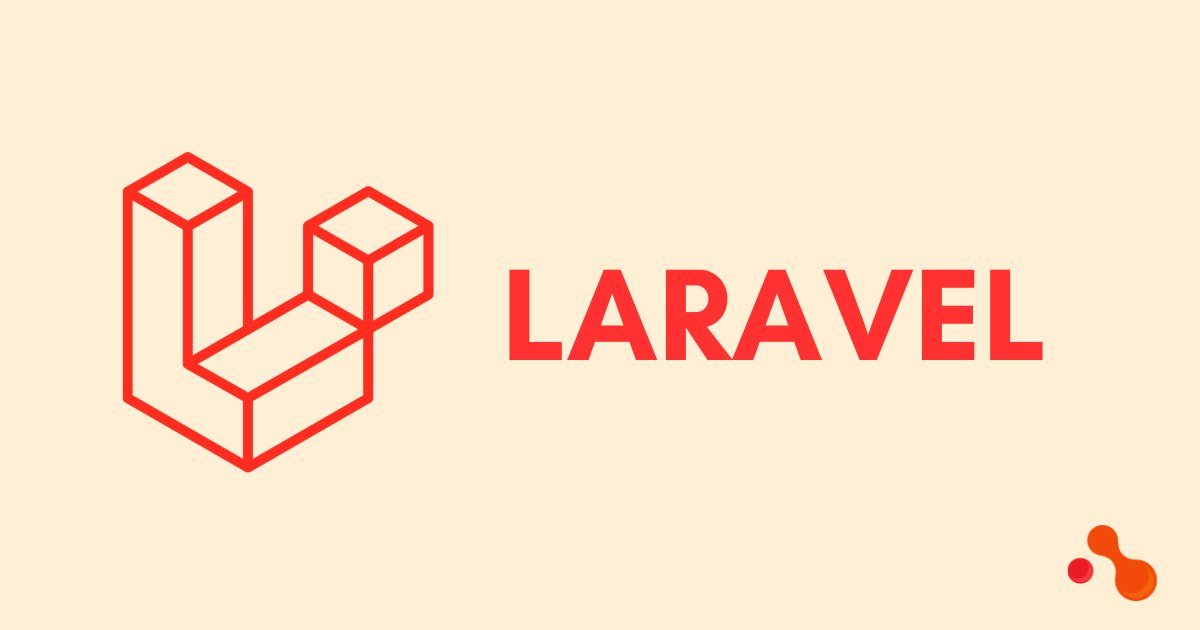
What is Laravel and Why Laravel Secure for Website
Laravel is a popular open-source PHP web framework that provides an elegant and expressive syntax for web application development. It follows the MVC (Model-View-Controller) architectural pattern, which separates the application's logic from the presentation layer, making it easier to maintain and scale.
Here are some reasons why Laravel is often chosen for website development:
1. Expressive syntax: Laravel comes with a clean and expressive syntax, which makes it easy to understand and write code quickly. It reduces the amount of boilerplate code needed for common tasks, allowing developers to focus on building features rather than dealing with repetitive tasks.
2. Rich features: Laravel provides a wide range of built-in features such as authentication, routing, sessions, caching, and database migrations, among others. These features help developers to build secure, scalable, and maintainable web applications without reinventing the wheel.
3. Eloquent ORM: Laravel includes Eloquent, an advanced Active Record implementation that simplifies database interactions by allowing developers to work with database tables using PHP syntax instead of writing raw SQL queries. This makes database operations more intuitive and reduces the likelihood of SQL injection vulnerabilities.
4. Artisan CLI: Laravel comes with a powerful command-line interface called Artisan, which automates repetitive tasks like database migrations, seeding, and generating boilerplate code. It streamlines the development process and improves developer productivity.
5. Community support: Laravel has a large and active community of developers who contribute plugins, extensions, and packages to the ecosystem. This means that developers can leverage a vast array of third-party libraries to add functionality to their Laravel applications, saving time and effort.
6. Documentation and learning resources: Laravel offers comprehensive documentation and a wealth of learning resources, including tutorials, screencasts, and community forums. This makes it easy for developers to learn Laravel and get help when they encounter issues during development.
Overall, Laravel provides a robust and developer-friendly platform for building modern web applications, making it a popular choice for website development projects. Laravel incorporates various security features and practices that contribute to its reputation as a secure framework for web development.
Here are some reasons why Laravel is considered secure:
1. Protection against SQL injection: Laravel's query builder and Eloquent ORM provide parameter binding and prepared statement functionality by default, which helps prevent SQL injection attacks. This means that user input is automatically sanitized before being used in database queries, reducing the risk of malicious SQL injection vulnerabilities.
2. Cross-Site Request Forgery (CSRF) protection: Laravel includes built-in CSRF protection, which generates and verifies CSRF tokens for each active user session. This helps prevent CSRF attacks by ensuring that all form submissions within the application are made by legitimate users.
3. Cross-Site Scripting (XSS) protection: Laravel's Blade templating engine automatically escapes output by default, which helps prevent XSS attacks by encoding HTML entities in user-generated content. Additionally, Laravel provides the @csrf Blade directive for generating CSRF tokens in forms, further enhancing XSS protection.
4. Authentication and authorization: Laravel's built-in authentication and authorization features make it easy to implement secure user authentication and access control mechanisms in web applications. Laravel's authentication system includes features like password hashing, CSRF protection for login forms, and session management to securely manage user sessions.
5. Middleware: Laravel's middleware feature allows developers to filter HTTP requests entering the application, providing a convenient way to implement security-related logic such as authentication, authorization, and input validation. Middleware can be applied globally to all routes or selectively to specific routes, giving developers fine-grained control over security policies.
6. Encryption and hashing: Laravel includes helper functions for encrypting and hashing data, such as the bcrypt() function for secure password hashing and the encrypt() and decrypt() functions for encrypting and decrypting data using OpenSSL. These cryptographic functions help protect sensitive information stored in the application's database or transmitted over the network.
7. Dependency management: Laravel uses Composer, a dependency manager for PHP, to manage third-party dependencies and ensure that the framework and its dependencies are kept up-to-date with the latest security patches and fixes. This helps minimize the risk of security vulnerabilities arising from outdated or insecure dependencies.
Overall, Laravel prioritizes security by integrating various protective measures and best practices into its core features, making it a secure choice for developing web applications. However, it's essential for developers to stay informed about emerging security threats and follow security best practices when building Laravel applications.
